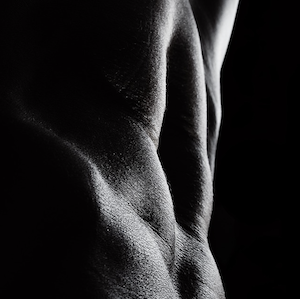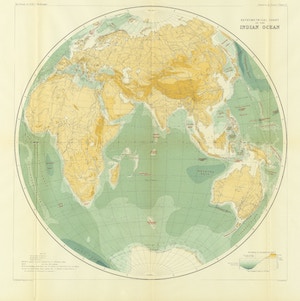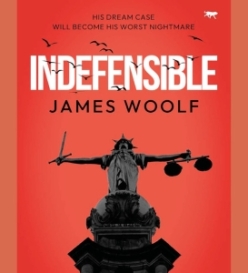CORE: Shelve the Classics
By Shannon Brien
It has been said that knowledge is power.
Books were as revolutionary as the internet has been today. Since 1450, the printing press has allowed the literature to flow through society and land on our bookshelves.
They are at the core of our existence. Before the television, the words of A.A Milne, C.S Lewis and Enid Blyton ignited our passion and lust for reading. They were responsible for sparking our imagination and spreading creativity.
Since welcoming the iPhone age we have replaced our soft, musk smelling novels with downloadable files, viewed on iPads or kindles. As a result the bookshelf has become an ornament for the hallway or living room, and should only be decorated with the most celebrated literature:
The classics
William Shakespeare: Hamlet, Macbeth, Romeo and Juliet.
Leo Tolstoy: Anna Karenina, War and Peace.
Homer: Iliad, Odyssey
Dante Aligheri: The Divine Comedy
Aristotle: The Politics
With complex plots, characterisation and twists, Shakespeare transformed European theatre while Dante Aligheri has been credited with creating our modern idea of hell, fire and brimstone. These works have deeply impacted society and influenced authors since.
The modern tales
Charles Dickens: Great Expectations, A Tale of Two Cities, Oliver Twist
F. Scott Fitzgerald: The Great Gatsby
J. D Salinger: The Catcher in the Rye
Harper Lee: To Kill a Mockingbird
Truman Capote: Breakfast at Tiffany’s, In Cold Blood
Jane Austen: Emma, Pride and Prejudice, Sense and Sensibility, Persuasion
Truman Capote’s ‘In Cold Blood’ is regard by critic as pioneering the true crime genre, it also gave form to “new journalism”. Charles Dickens utilised his works of fiction to criticise social, economic and moral abuses of the Victorian era.
These revered works are essential to any bookshelf and their physical format must be preserved before they become purely digital copies.







